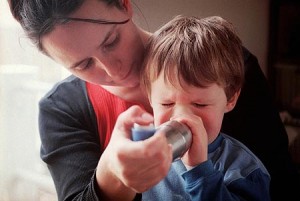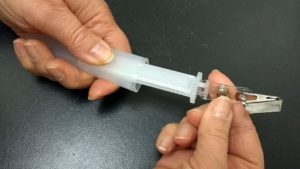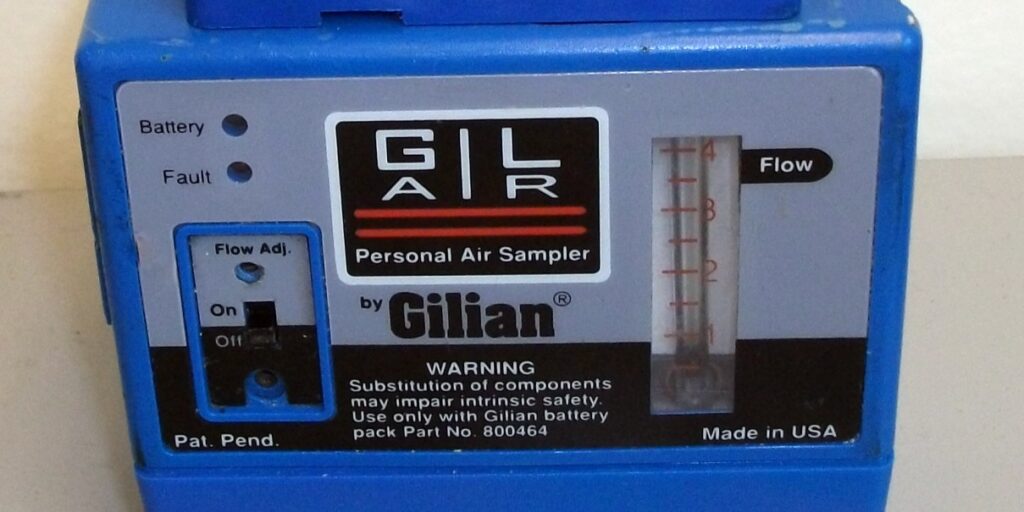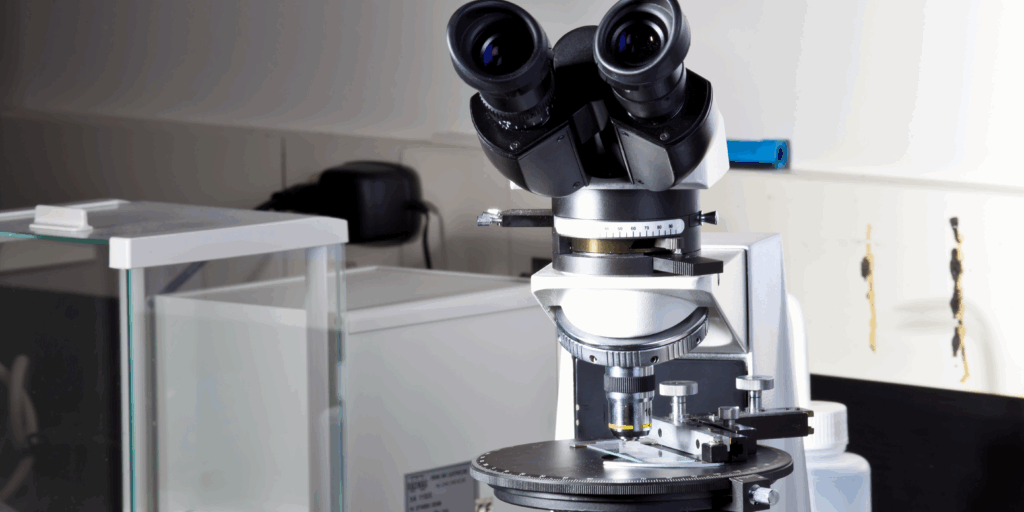 LCS Laboratory Inc., (London, Ontario, Canada) offers laboratory testing, free media and rental equipment for mold sampling.
LCS Laboratory Inc., (London, Ontario, Canada) offers laboratory testing, free media and rental equipment for mold sampling.
There is huge public concern around the exposure to mold, especially to some forms, that are considered to be “toxic”. If you, or your family members are having reactions to mold, please discuss your symptoms with your doctor.
Meanwhile, mould spores are often linked to numerous allergies, asthma, and some forms of lung disease. Unfortunately, there is no statistically proven correlation between the mould concentration level (expressed as a number of mould spores per meter cube) and health risks. Particularly, the lack of such correlation can be explained by the significant variability in the sensitivity of different segments of the population to mould. Health Canada routinely monitors new developments in epidemiological studies of mould effects on the population. In a 2005 study, Health Canada offered the following summary (quote):
The major findings on the health effects of mould can be summarized as follows.
1. Exposure to indoor mould is associated with an increased prevalence of asthma-related symptoms, such as chronic wheezing, irritative and non-specific symptoms.
2. Studies on mould exposure and the development of asthma yielded more conflicting results.
3. I n laboratory animal studies, instillation of fungal antigens (Penicillium and Aspergillus) and fungal cell components (1->3-D-glucan) resulted in infiltration of lung tissues by lymphocytes, neutrophils and eosinophils in rodents. Also in laboratory animals, instillation of Stachbotrys spores at non-lethal levels resulted in severe biochemical and ultrastructural changes.
n laboratory animal studies, instillation of fungal antigens (Penicillium and Aspergillus) and fungal cell components (1->3-D-glucan) resulted in infiltration of lung tissues by lymphocytes, neutrophils and eosinophils in rodents. Also in laboratory animals, instillation of Stachbotrys spores at non-lethal levels resulted in severe biochemical and ultrastructural changes.
4. Data published to date suggest that the association between Stachybotrys chartarum and acute pulmonary hemorrhage in infants cannot be excluded.
5. There is evidence from outbreak investigations and case reports that increased concentrations of airborne fungal spores resulting from environmental perturbations or inadequate control measures are associated with a higher risk of invasive mycoses in immunocompromised individuals. No thorough epidemiological studies have assessed what airborne concentration of Aspergillus spores is required to cause an infection (end of the quote).
To measure mould concentration levels in your house, please visit our store to order your mould sampling kit. You can collect the air samples by following our simple instructions. When the sampling is complete, please send the samples to our laboratory for analysis.












